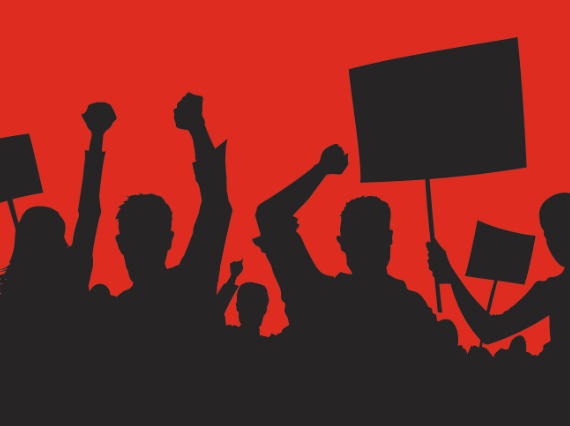The primary threat to democracy and its functions in Malta comes from the very institutions which should uphold it and nurture it.
In a matter of days we have witnessed the systematic silencing of critics and the media by the very institutions which are designed to act as guarantors of free speech, transparency and accountability.
First we had the Speaker of the House of Representatives prohibit former opposition leader Simon Busuttil from asking two parliamentary questions on whether Keith Schembri, the prime minister’s chief of staff, had overseas bank accounts.
Speaker Anglu Farrugia said questions to ministers had to relate to their responsibilities and must be based on established facts, not media reports.
This followed another set of questions on whether Schembri had bank accounts in Dubai or in Pilatus Bank which Busuttil was stopped from making.
Busuttil described these events as “a very dangerous precedent” and said that in a parliamentary democracy the Prime Minister should be subject to parliamentary scrutiny.
In the second episode, tourism minister Konrad Mizzi walked out of a press conference after refusing to answer questions on whether he was ever approached by tax authorities in regards to the offshore company he held in Panama.
Mizzi’s curt answer before walking out was “There was no tax avoidance from my part, I’ve always been transparent, I have audited my accounts, and I have already given the comments I had to give.”
In a functioning democracy, Mizzi would no longer be minister but this is Malta and Mizzi knows all too well that he can get away with murder. He expects the majority of people to take his word on his offshore accounts. And last year’s election proved him right.
In a third episode, an activist was forcibly removed by the police from a Planning Authority public meeting. Robert Fenech, speaking against the development of a hotel in Delimara was asked by the Planning Authority board chairman Vince Cassar to leave the room due to “disrespectful” behaviour.
This “disrespectful behaviour” was not down to physical or verbal violence but from the activist’s audacity not to refer to a member of the board by his title. In yet another show of disproportionate force on many levels, Fenech was ejected by 10 members of the police’s Rapid Intervention Unit.
In all three episodes, the former opposition leader, journalists and an activist were blocked from scrutinising members of the executive and the Planning Authority board. No wonder the sense of impunity which has infested the country for too long continues to fester. Any attempt to criticise and oppose government and its decisions is met with hostility.
The rules of democracy are shaped and used by Parliament, ministers and government agencies to neutralise opposition and protect the interests of people in power and big business.
Critics, ranging from MPs to journalists and from activists to foreign politicians and institutions are systematically silenced by being ignored, ridiculed, threatened or bought out.
All of the above should rouse some kind of anger and indignation. Sure some are very angry. But most are not. This deformed democracy provides citizens with exactly what they think they want. This kind of deformed democracy thrives because citizens passively swim in a sea of endless information, truth is swamped by irrelevance and triviality. And politics is not an agent of change but an agent of material gain.












